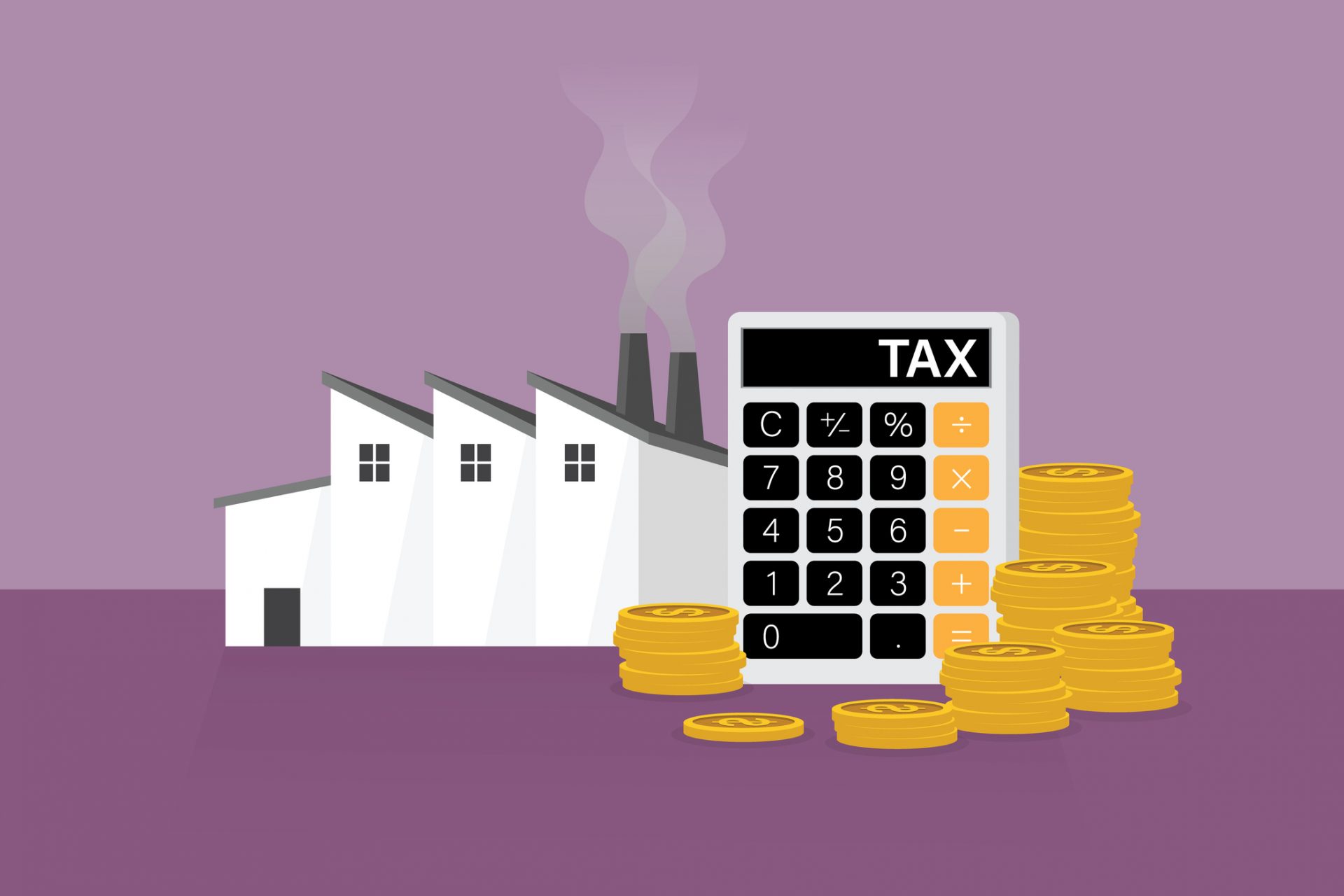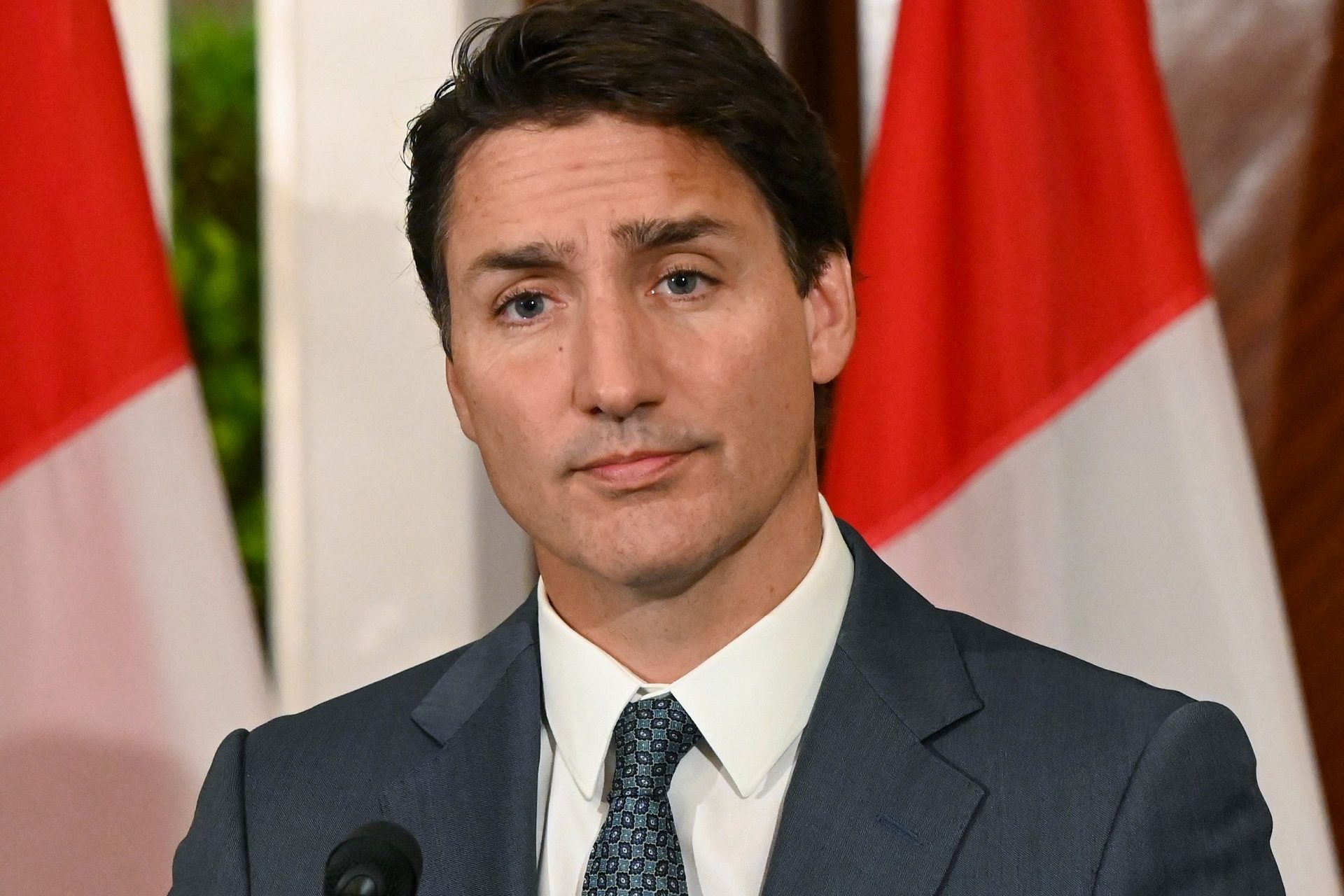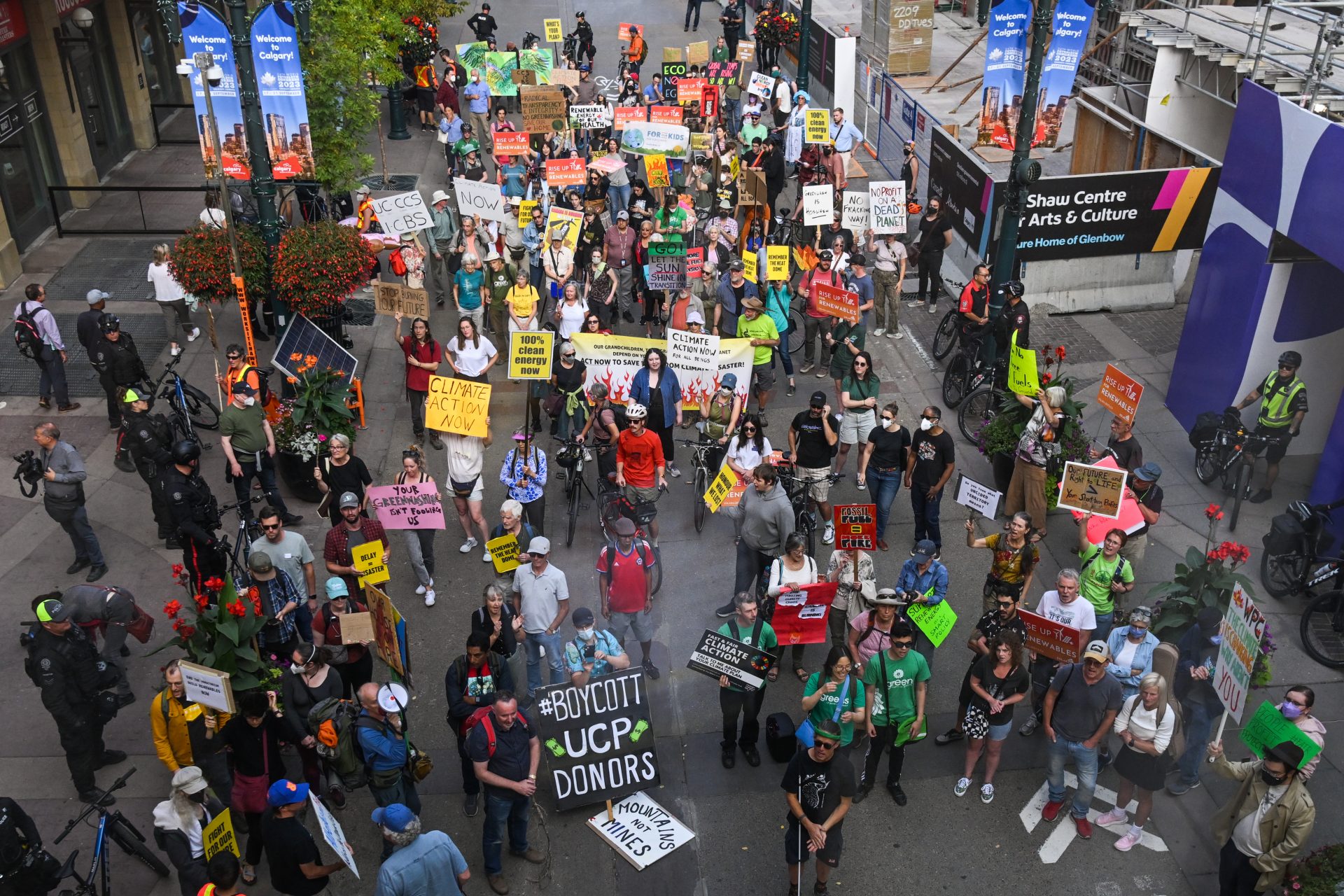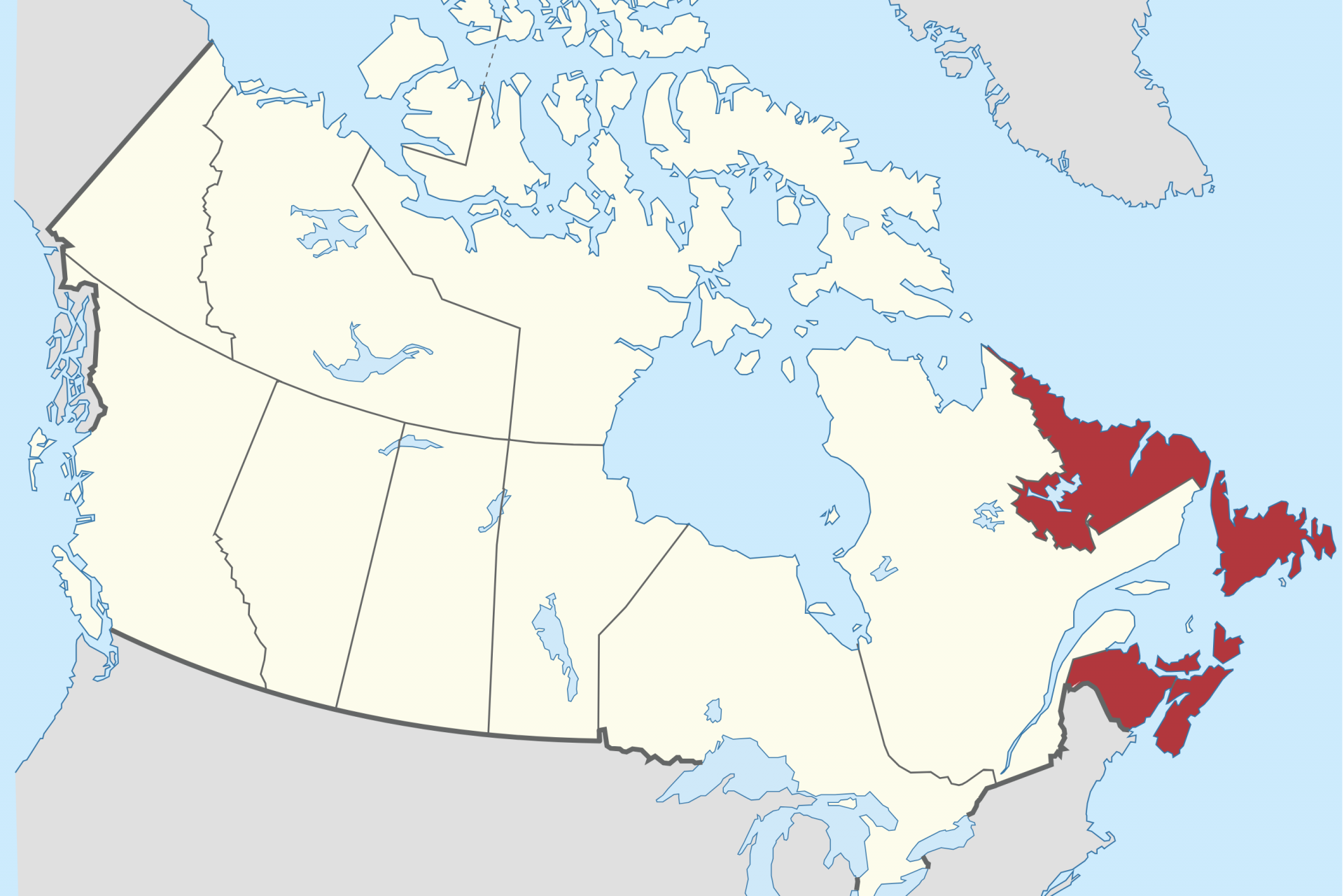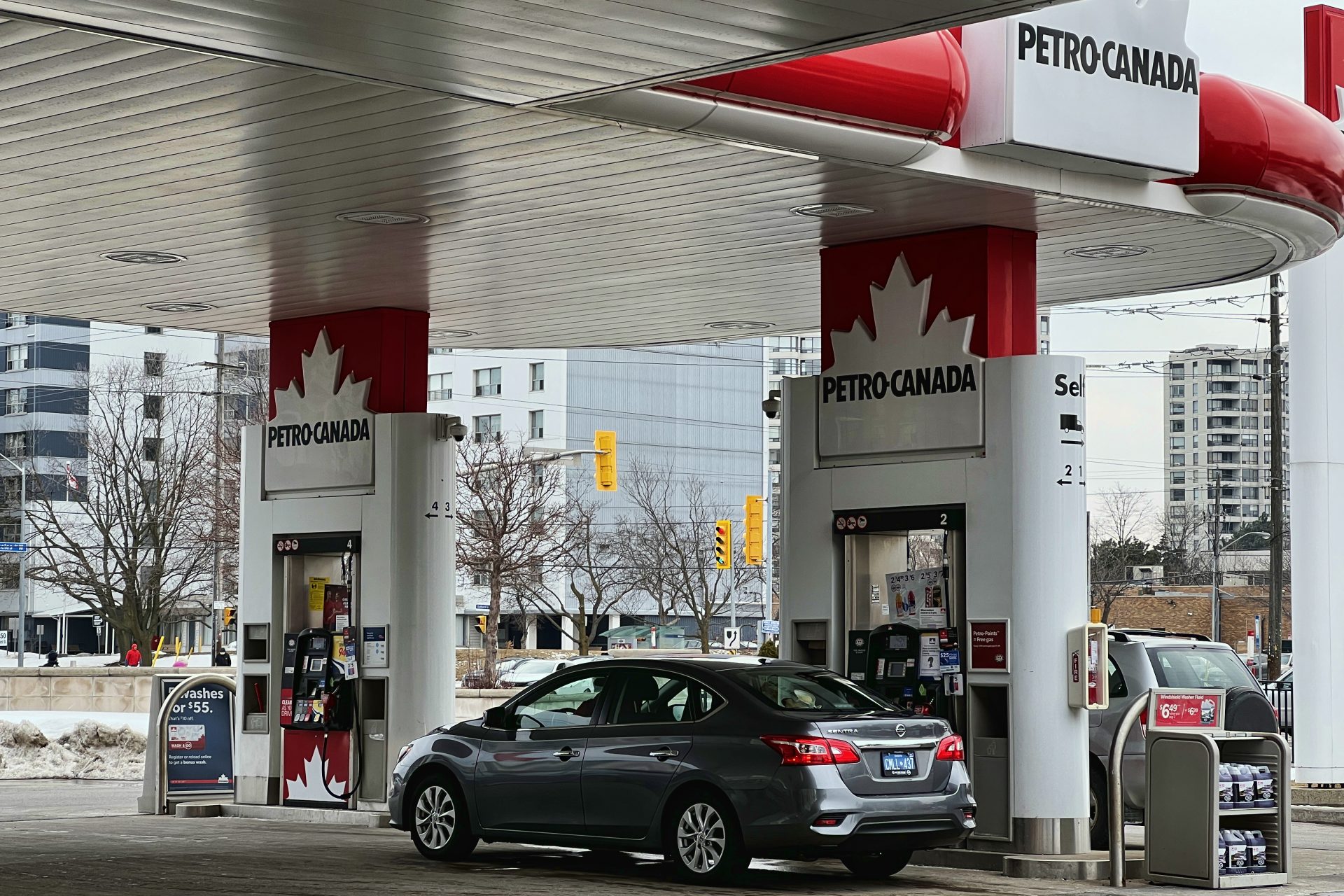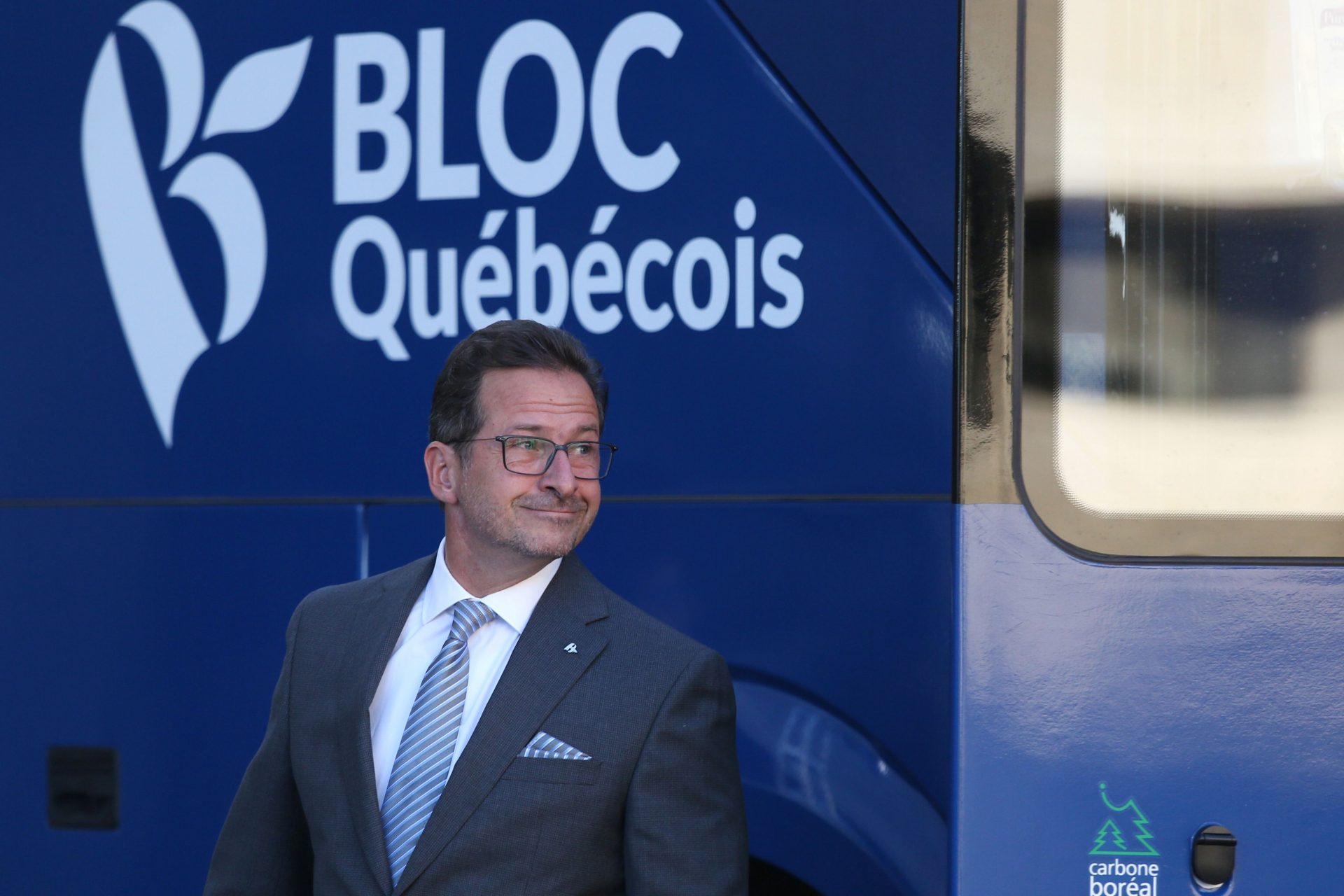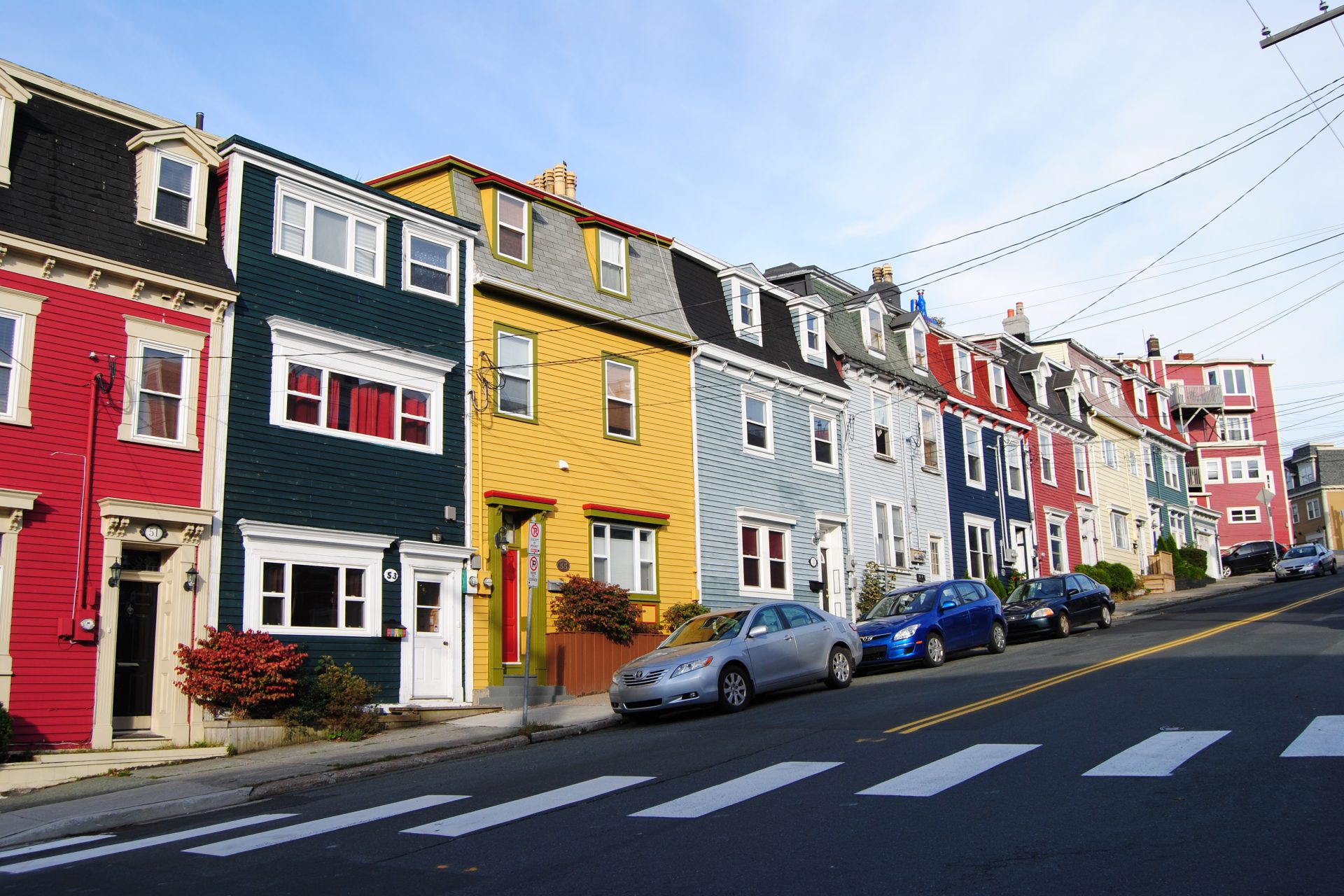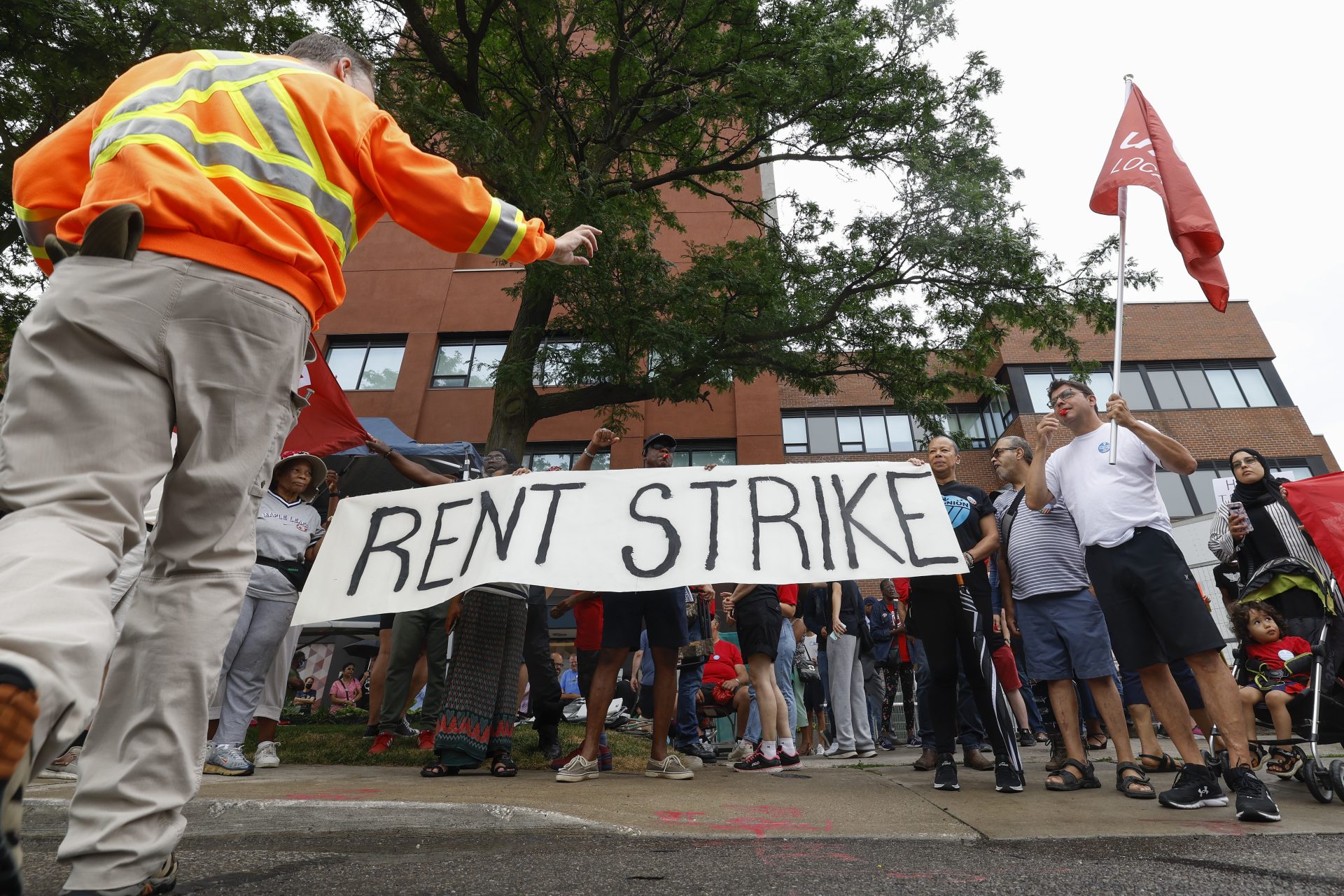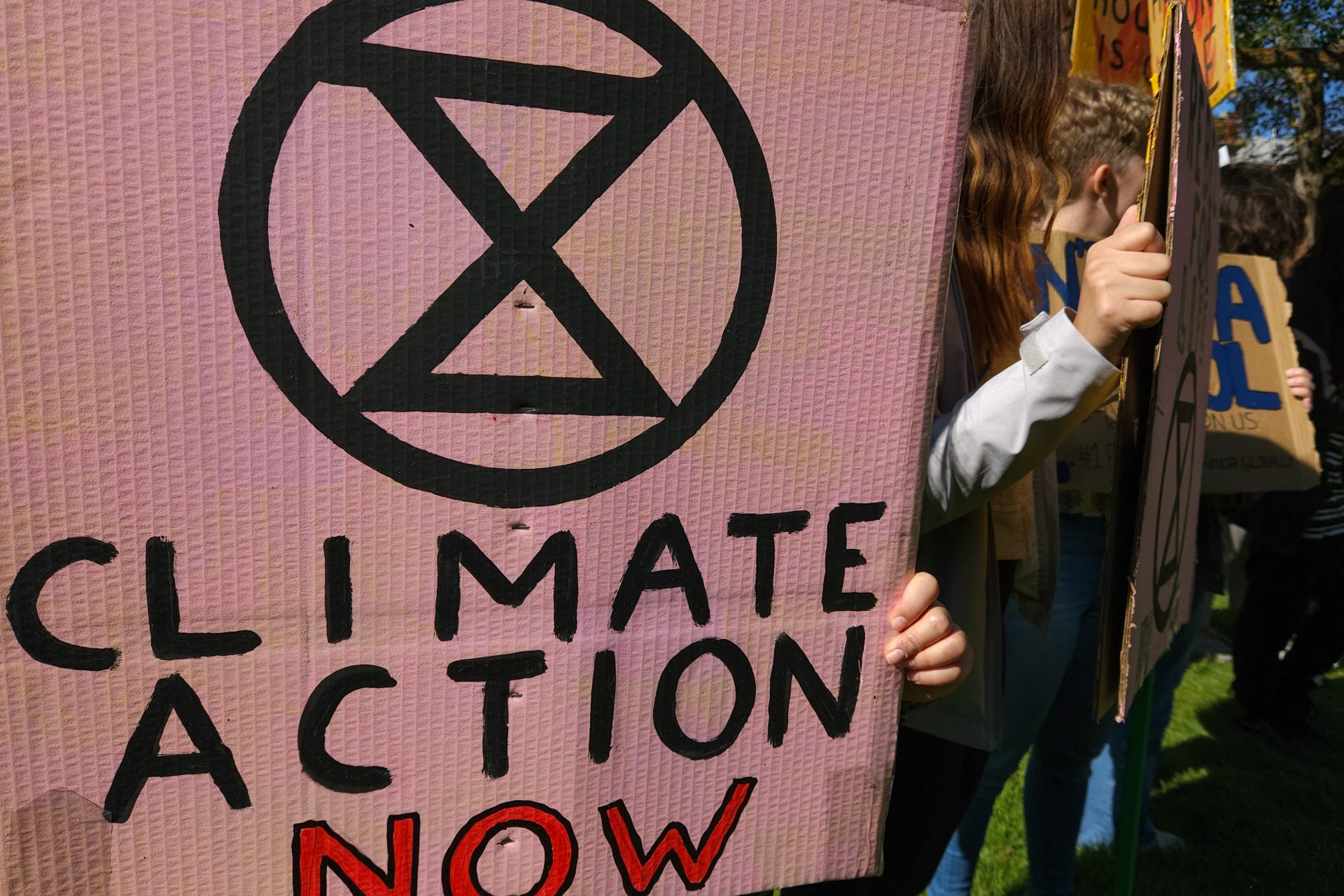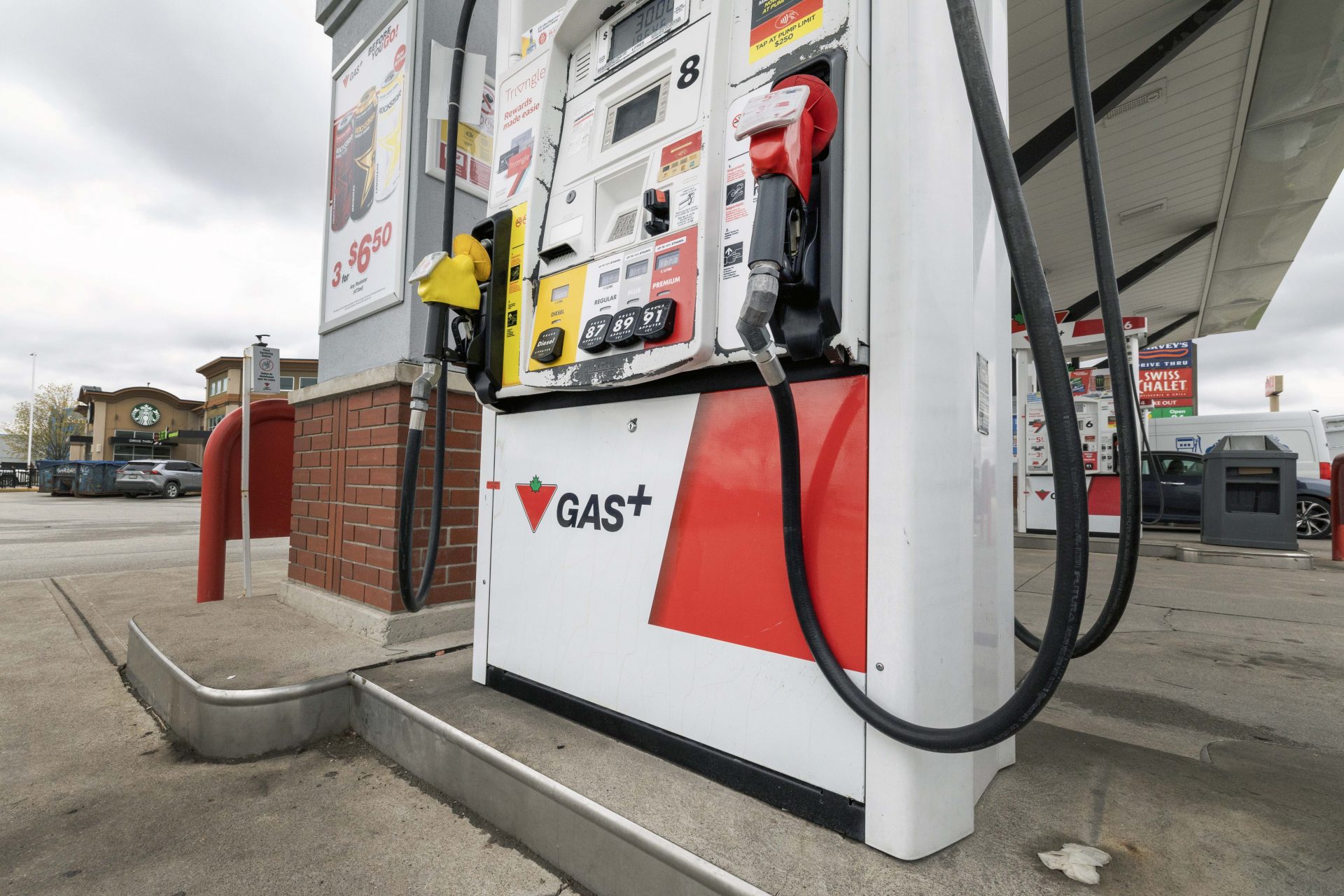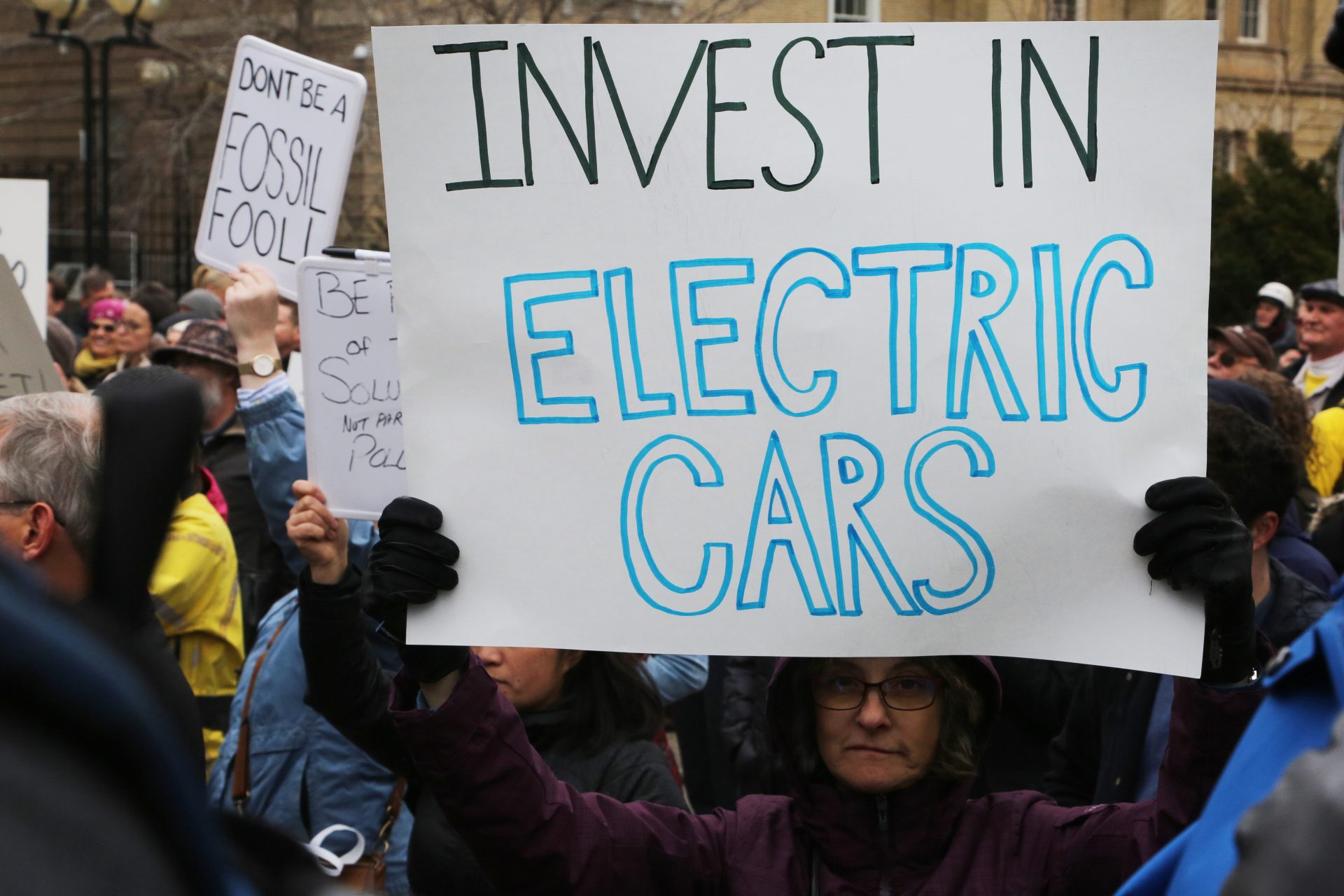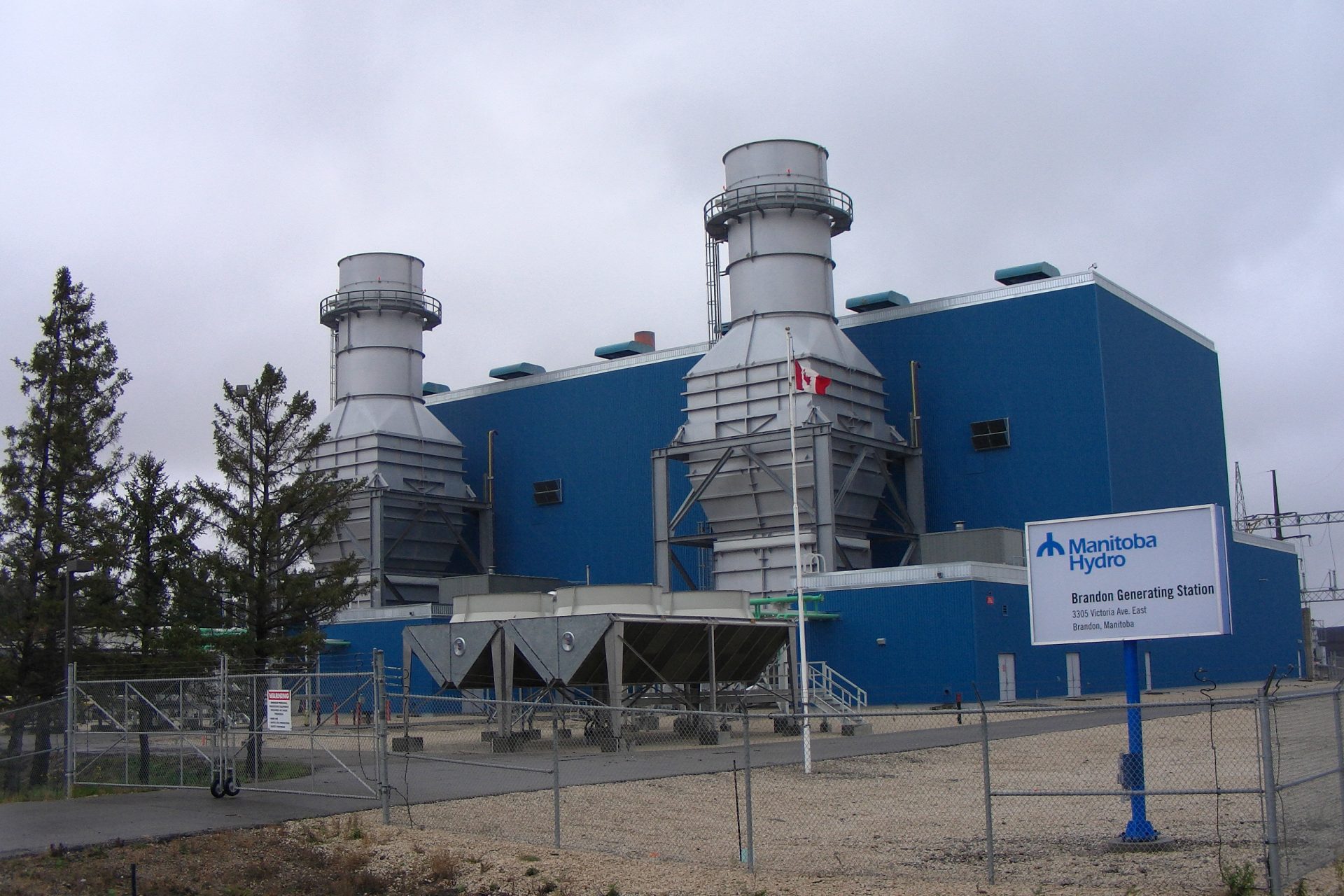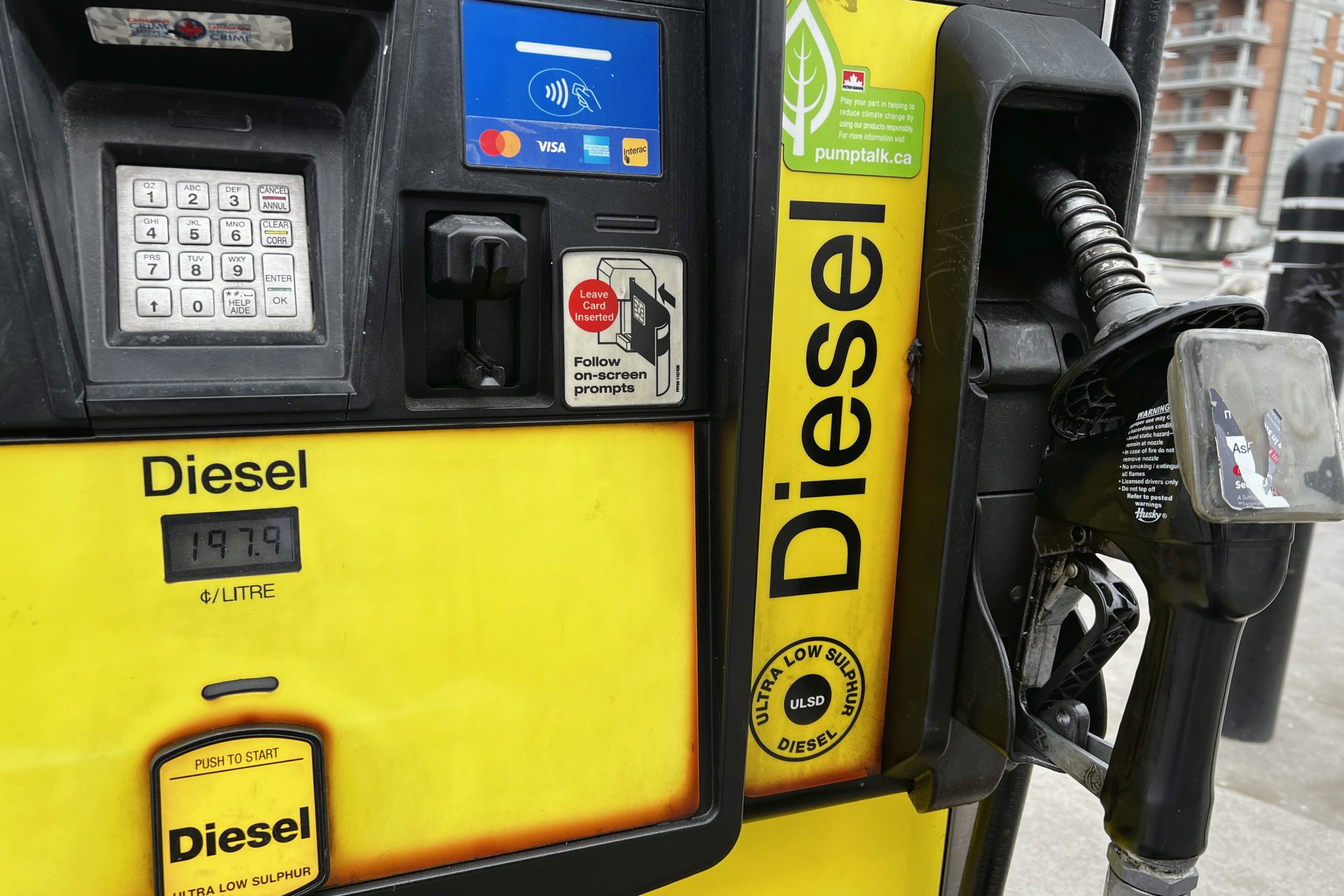New poll discovers Canadians want the carbon tax reduced or gone
In April 2023, the federal government’s carbon taxes went up in some provinces and territories with some seeing their fuel charge jump from $50 per tonne of emission to $65 per tonne. Yet most Canadians weren’t very happy about their new tax amounts.
The move was planned all the way back in 2019 according to Global News and it was a part of Justin Trudeau’s commitment to tackle climate change and achieve his promised goal of reaching net-zero carbon emission in Canada by 2050.
However, most Canadians want the carbon tax either reduced or ended according to new survey information from the market research and analytics company Ledger, which discovered 68% of people are unwilling to pay more for their gas in order to aid net-zero policies.
Even more interesting than those who were unwilling to pay more at the pump in order to meet Canada’s net-zero goals were the 55% of respondents who indicated that they wanted the country’s carbon tax reduced or eliminated entirely.
“While Alberta typically charts as the most anti-carbon tax jurisdiction in Canada, this time it was Atlantic Canada, where 48 percent of respondents favored total abolition of carbon pricing,” wrote National Post reporter Tristin Hopper.
The region first became subject to federal carbon levies on July 1, leading to a noticeable rise in fuel prices that spawned blanket opposition from all four Atlantic Canadian provincial governments,” Hopper added.
Photo Credit: Wiki Commons: By Allice Hunter - This vector image includes elements that have been taken or adapted from this file:, CC BY-SA 4.0, https://commons.wikimedia.org/w/index.php?curid=98629162
A minority of respondents (18%) said that the federal government needed to reduce the level of carbon tax and adjust it down from the current $65 dollars per tonne while 37% of people surveyed Leger noted the carbon tax just needed to be scrapped altogether.
Quebec residents had the highest support for higher prices on gasoline; however, only 24% of people who live in the province and responded to the survey commented that they supported paying more at the pump to help reach Canada’s net-zero goals.
More than half of the people surveyed (52%) were aware of the federal government’s net-zero policies but only 15% of those who knew about the policies believed they were realistic while 37% said the government’s net-zero timeline is moving too quickly.
Photo Credit: Wiki Commons: By Paul - Flickr: St John's Houses, CC BY 2.0, https://commons.wikimedia.org/w/index.php?curid=26434605
The results of the survey provided some interesting insight into the views of Canadians as the country suffers from increased inflation and an affordability crisis that has seen prices rise on everything from groceries and nights out to mortgages and car loans.
Leger Executive Vice President Andrew Enns explained that most Canadians actually support the government’s climate change measures when asked yet many just don’t want to be the ones footing the bill to help meet the country’s net-zero emissions goal.
“When you just ask people, ‘Hey do you support all these great things?’ they’re tripping over themselves to say yes,” Enns said according to the National Post, adding that the aim of the poll was to discover what Canadians were thinking about the carbon tax.
Enns went on to say that Leger’s findings were very clear, noting that people just do not want to pay the carbon tax. Tristin Hopper noted that most Canadians are paying 14 cents extra per liter of gas due to the carbon tax and 17 cents for every liter of diesel.
Despite the fact that most Canadians are unwilling to pay for the carbon tax, people are still fairly enthusiastic about the country’s ability to reduce its natural gas use while far fewer believe Canada can transition to all-electric vehicles within the next 15 years.
43% of respondents said it was realistic to think the country could reduce its natural gas usage and make all former gas appliances electric within the next 15 years but 34% of people were skeptical about policies banning neutral gas use for home heating by 2040.
Only 19% of people thought the country could realistically transition to electric sources of power that were non-carbon emitting by 2035 while only 32% of people noted it was realistic for Canada to completely limit the sale of gas-powered vehicles by 2035.
More for you
Top Stories



